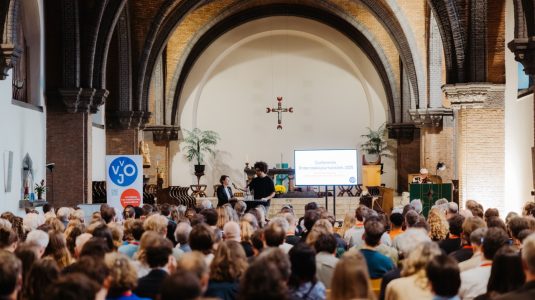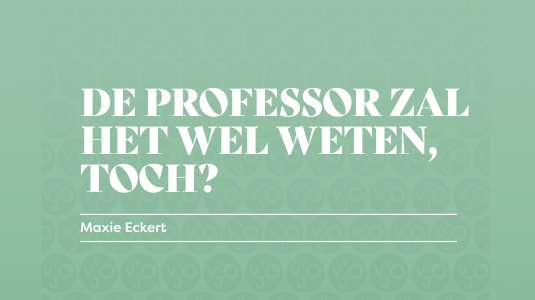Titel: Story-based Inqury (Part III): how to write a story?
Datum: 17 november 2012
Tijd: 14:00-15:15 uur
Spreker: Mark Lee Hunter
Aantal deelnemres: 50
Verslag: Lennart Janssen
The lecture started out as a more methodical course on how to gather, treat, arrange and keep data in an ordered fashion. Dr. Mark Hunter explained to us the importance of having a so-called ‘master file’, in which you keep all the data.
It doesn’t matter if your file grows to an enormous size, that only means you have an enormous source to search for material. Organization is a very important part of your database, because you want to be able to mine your file for data as easily as possible. Therefore you should organize your data in a chronological way (in relation to the subject).
But what the lecture was about the most, is how you turn your data into a story.
A very striking quote by Dr. Hunter was: “The story should tell the facts, the facts should not tell the story”.
You’re trying to make a story, not a phonebook. If you give people a list of data, they will not remember it as well as when you tell a story. They want to be moved.
A good way to start telling a story, is to look up how others before you have done it. Look at the structural properties of their story and copy it. Even when you are not writing a fictional piece, you should have all the elements of a story. That includes a beginning , middle and end. In journalism though, you often start with the middle and then go on to the beginning. It also doesn’t have a real end. You should still try to offer some closure nonetheless.
Moving people who read the article is of utmost importance. To do so, you have to put feelings in your article and convey them to your audience. Whenever you give facts, give it a face or place so people can feel related.
A very important thing to remember is that the article is about the subject, and not about you. If you report about victims of a disaster, report about them and not about how you feel about it. As a reporter you have to stand next to your subject, not in front of it.
Dr. Hunter didn’t stop at giving tips about how to transform your facts into a story or about how to treat your data. He also gave a great deal of information about gathering data. He told us about certain ‘psychological traps’, fear, loathing, depression and anger, and the effects they can have.
You also shouldn’t forget about your article once it is launched. It’s still out there, so remember it. Promote it, even. There are a lot of marketing strategies involved in the selling of an article. If it is a long article, why not make it a series?
All in all, I found it to be a very interesting lecture, given by an obviously very knowledgeable man. Not only is Dr. Hunter very skilled in his area of expertise, but he is also very driven and an incredibly gifted storyteller and teacher. I personally very much enjoyed the lecture.








